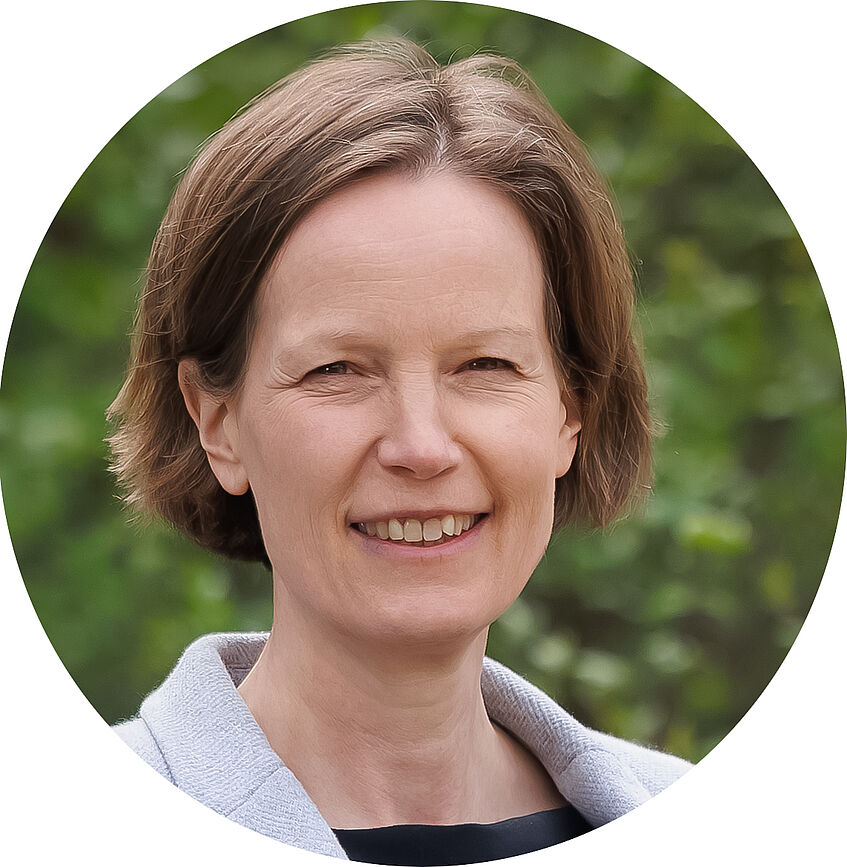Univ.-Prof. Dipl.-Psych. Sabine Pahl, MSc PhD
Sabine Pahl is a Social Psychologist engaged in basic and applied research and her applied work focuses on the human dimension in environmental issues. She investigates perceptions and behaviour change, particularly in the area of protecting marine environments, marine litter and microplastics and energy efficiency.
Other applied work examines restorative effects of natural environments including the use of natural environments in healthcare. Sabine has been involved in research projects funded by EPSRC, ESRC, DEFRA, DECC, NERC, UNEP, FP7, Interreg and H2020. She has more than 95 peer-review publications (google h-factor = 42) and serves on the Editorial Boards of the two key journals in the field, Journal of Environmental Psychology and Environment & Behavior, as well as the interdisciplinary journal Microplastics and Nanoplastics, and she is Associate Editor for the fully open-access journal Global Environmental Psychology.
Her projects typically span research and application in interdisciplinary teams. She has provided science advice and input into policy at national, European and international levels, always contributing psychological and behavioural science perspectives.
At the international level, she has contributed to two microplastics reports with the Joint Group of Experts on the Scientific Aspects of Marine Environmental Pollution (GESAMP WG40), and has led the UNEP-funded global stocktake of actions against plastic pollution in 2020. She was co-chair of an interdisciplinary working group that reported to the EU Group of Chief Scientific Advisors (SAPEA, 2019) and has contributed to a G7 working group in Oct 2019 and a WHO working group in March 2020.
Sabine is also Honorary Professor of Applied Social Psychology at the University of Plymouth.
Curriculum Vitae
Sabine's projects
This is an overview of ongoing projects at the University of Vienna and recent projects in collaboration with the University of Plymouth in the UK, where I maintain an Honorary position and close links. In 2020 I was part of the team that won a prestigious Queen’s Anniversary Prize for our interdisciplinary work on plastic pollution.
SOS-ZEROPOL2030
Developing a holistic, stakeholder-led framework
10 European Institutions, coordinated by MaREI, the SFI Centre for Energy Climate and Marine Research at University College Cork, will develop over the next four years a holistic, stakeholder-led framework for zero pollution, reflecting the EU's policy and regulatory framework for protecting our seas with focus on the zero environmental pollution agenda.
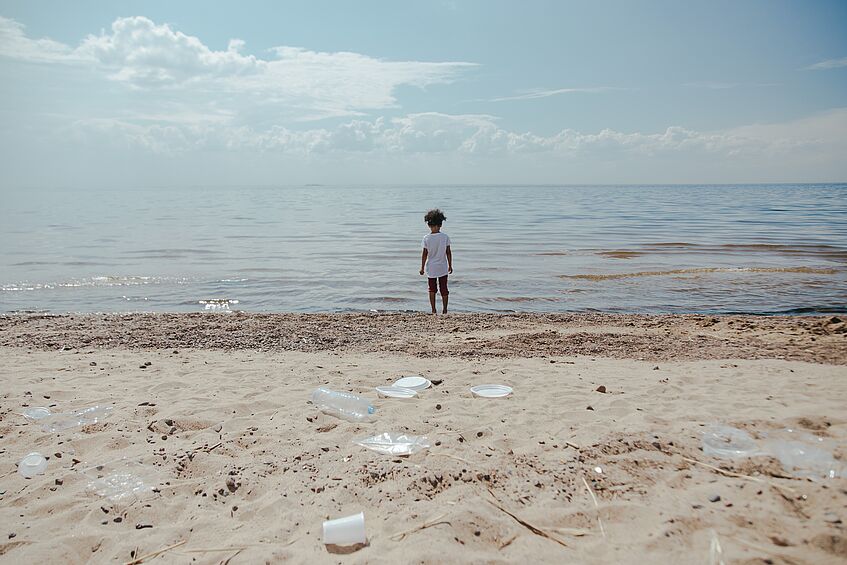
LimnoPlast
Microplastics In Europe’s Freshwater Ecosystems: from sources to solutions
The LimnoPlast project addresses this issue by devoting its research and training program to Marine Plastics (MP) in Europe’s freshwater ecosystems. It challenges traditional barriers between disciplines and combines environmental, technical and social sciences in order to tackle the MP problem from its sources to potential solutions.
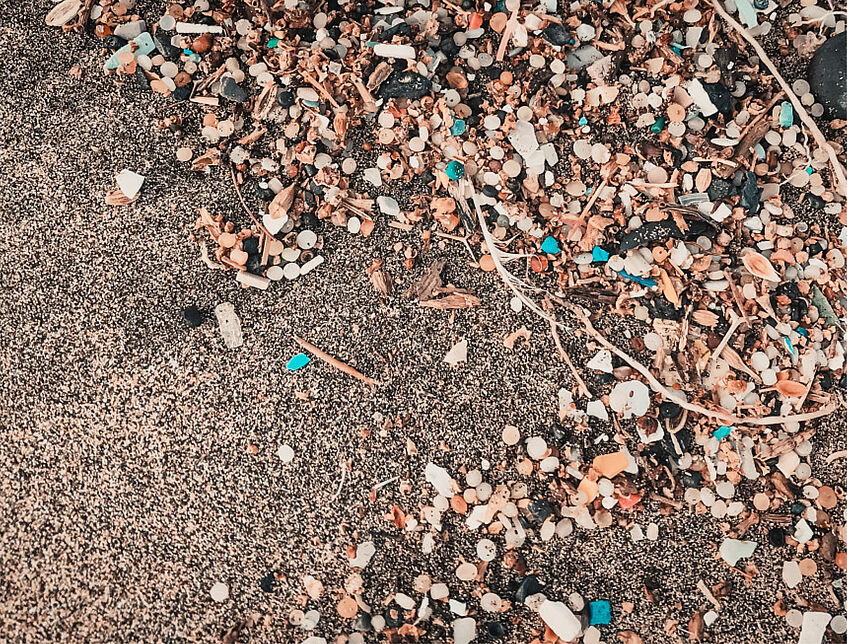
RESONATE
Questions around nature-based social therapies
The Horizon Europe project will research questions around nature-based social therapies through a review of interventions globally, nine NbT Case Studies, and three Social Innovation Actions which will develop nature-based resilience hubs to demonstrate best-practice for scaling-up and scaling-out successful interventions. The project is led by the University of Vienna. Sabine with other psychologists of University of Vienna will support the integration of data from the various sub-projects from the participating countries.
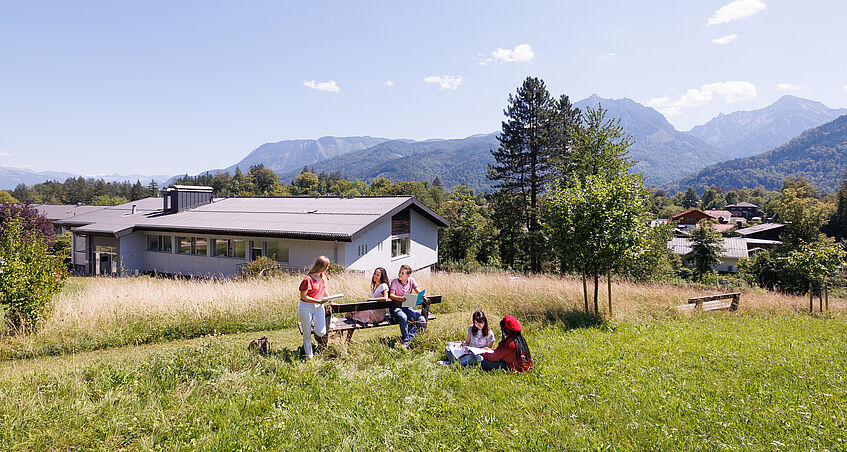
PISCES
A sustainable future for plastics in Indonesian societies
PISCES is a collaborative, inclusive partnership that brings academic researchers together with business, industry, governments, NGOs, and civil society to understand and manage the risks posed by plastic pollution. It does this by addressing key knowledge gaps that are critical to unlocking a sustainable future for plastics in Indonesian societies.
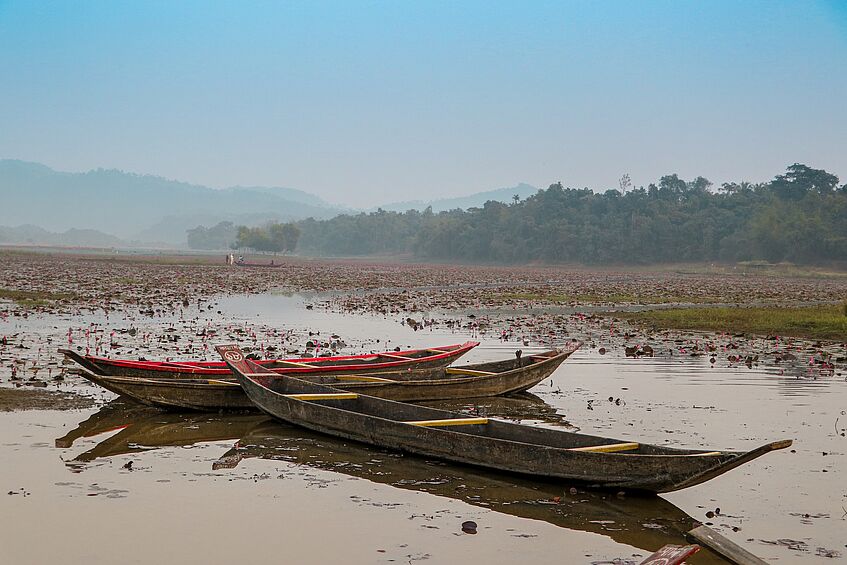
ZeroPM
Protecting water from contamination with PM
Protecting water from contamination with persistent, mobile substances is the goal of the Zero pollution of Persistent, Mobile substances (ZeroPM) project. The consortium of 15 institutions from the university, research and technology sectors began work on this in October 2021. September 2026, the project is scheduled to be completed.
ZeroPM will be the pathfinding project enabling the ambitions of the European Union's Green Deal strategy of zero pollution of persistent and mobile substances to become an on-the-ground reality. ZeroPM will interlink and synergize three strategies to protect the environment and human health from persistent, mobile substances: Prevent, Prioritize and Remove.
The central task of Sabine Pahl in the project is to bring in an environmental psychology perspective, working on risk perception, risk communication and behaviour change.
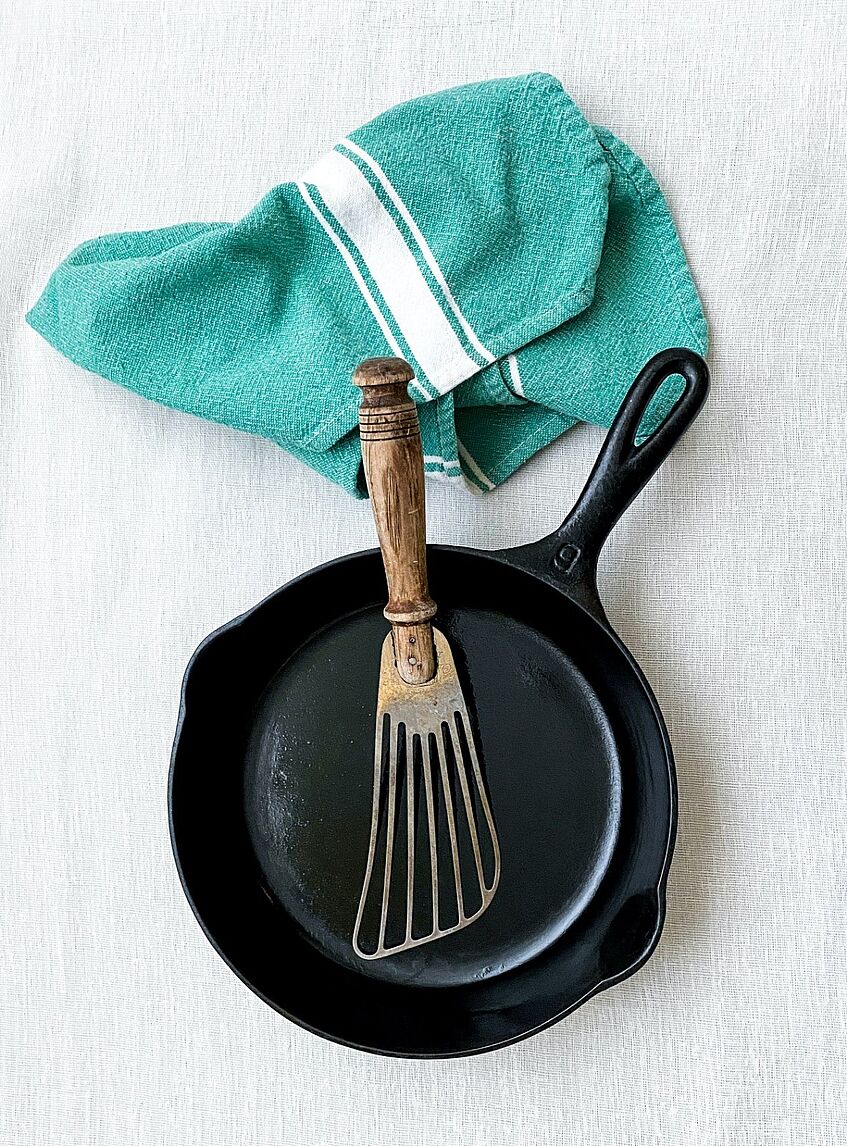
Blue Communities in South East Asia (2017 - 2021)
Capacity for sustainable interactions with marine ecosystems
‘Building capacity for sustainable interactions with marine ecosystems for the benefit of the health, well-being, food security and livelihoods of coastal communities in East and Southeast Asia’ was the goal of Blue Communities-project, financed by the Global Challenges Research Fund (GCRF). It had 12 Sub-Projects and Sabine led Project 12 which uses scenarios as tools to explore and communicate future outcomes in order to mobilise action.
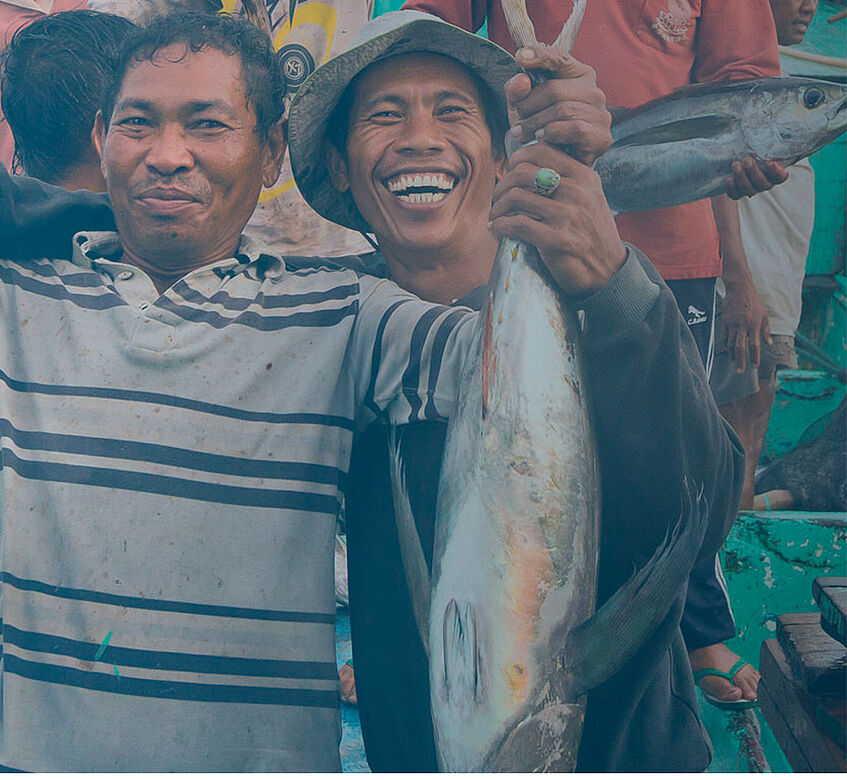
Preventing Plastic Pollution
Interreg project: Reduce the impacts of plastic pollution in the marine environment
By looking at the catchment from source to sea, the project will identify and target hotspots for plastic, embed behaviour change in local communities and businesses, and implement effective solutions and alternatives. Sabine is working with a team of environmental psychologists to develop a framework for evaluating behaviour change for the diverse initiatives and provide an overview of the academic literature on behaviour change relevant to different sectors such as tourism, education, agriculture.
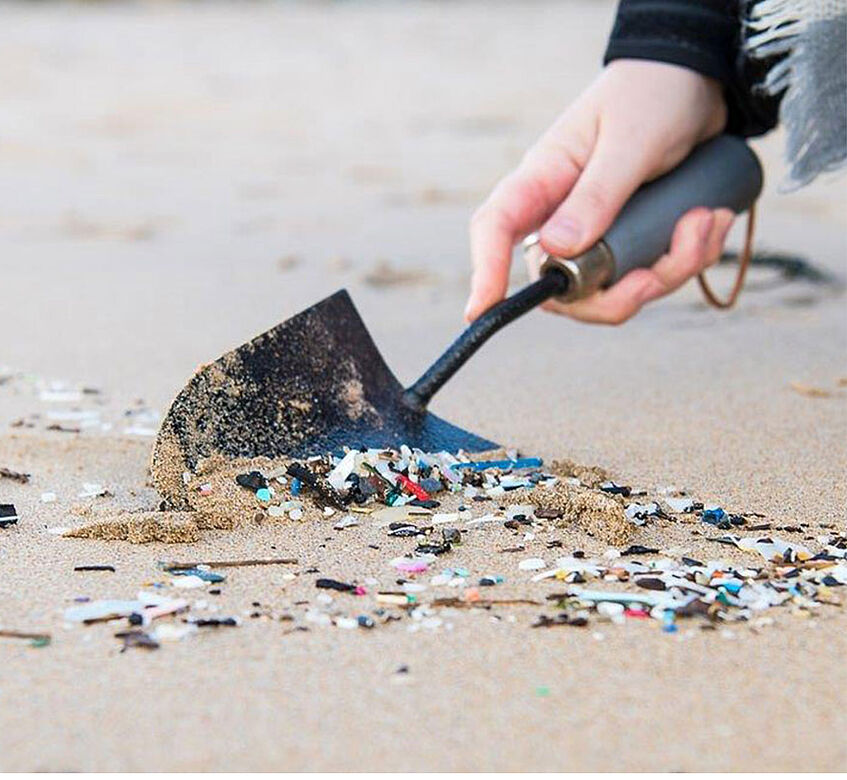
UNEP Stocktake (2018-2020)
Flow of plastic to the ocean
Sabine and her team were tasked to lead a global stock take on actions contributing to the flow of plastic to the ocean, where actions included anything from policies, bans, education and behavior change programmes to technical and economic measures.
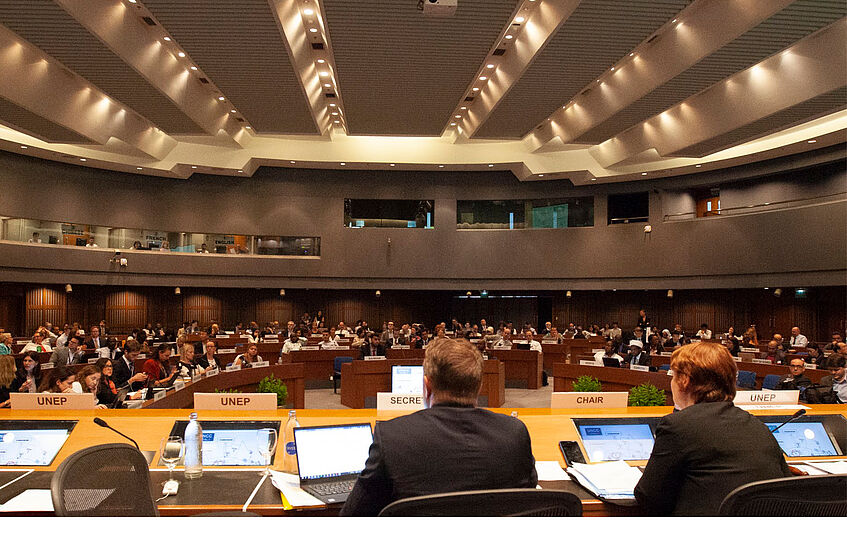
Sabine's projects in u:cris
LimnoPlast: Microplastics in Europe's freshwater ecosystems: From sources to solutions
15/10/20 → 31/10/23
Project: Research funding
Other collaborations
Other collaborations include
a) a project on the perceived risk and pathways of microplastics with the German Bundesamt für Risikobewertung (BfR) and the European Food Safety Authority (EFSA)
b) a project investigating the how the plastic bag levy works in practice in Namibia, with the University of Plymouth and the Gobabeb Namib Research Institute
c) Sabine is a collaborator on the research excellence cluster Social Mobilization On Climate Change Using Digital Tools at the University of British Columbia in Vancouver, Canada

